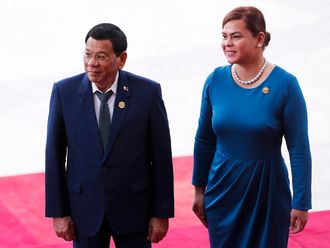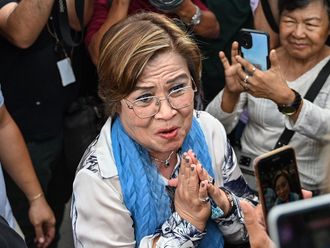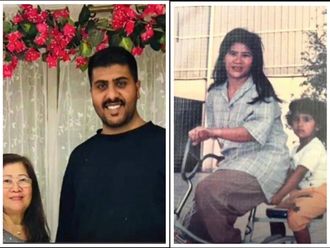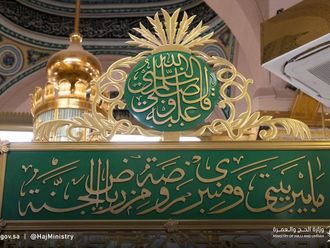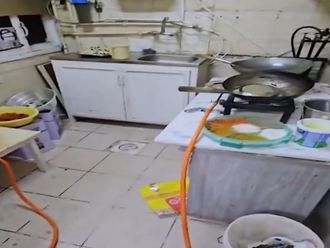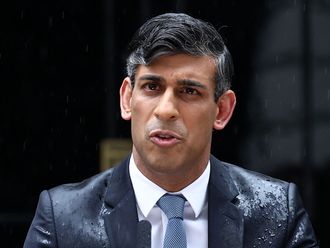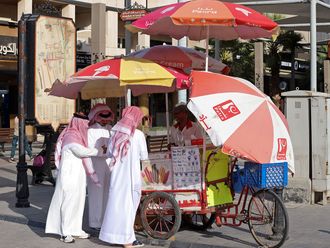Manila: An institute to train future Moro leaders is currently under construction in Maguindanao, a report reaching Manila said.
The Moro Islamic Liberation Front (MILF)'s Luwaran website reported that a P9.2 million (Dhs 77,7643) Training Centre for Human Resource Development has been under construction at the Bangsamoro Leadership and Management Institute (BLMI) site at Simuay village in Maguinao province's Sultan Kuradat town.
The two-storey building had been funded by aid given by the Embassy of Japan in Manila under the Grant Assistance for Grassroots Human Security Projects (GGP) for fiscal year 2010.
BLMI chair, Dr Tomanda Antok said training centre will serve as the "landmark structure for Bangsamoro Human Resources Development."
"The construction of this building is going on very well pursuant to plans and specifications and we hope to complete the construction in the next few months," he said.
Japan is one of several countries and non-government organisations that had been helping bring peace in southern Philippines.
Through the BMLI, peace partners like the Institute of the Bangsamoro Studies, The Asia Foundation (TAF), and United States Aid for International Development (USAID) are trying to build up the capacity of Moros to govern themselves and manage their resources.
By giving them this opportunity, peace partners hope to prevent young Moros from gravitating towards radicalism.
Antok pointed out that Japan is very supportive to initiatives and programs that promote human development and security.
Japan and TAF are members of the International Contact Group (ICG) of the Government of the Philippines - MILF Peace Process that also include Great Britain, Turkey, Kingdom of Saudi Arabia, the Centre for Humanitarian Development (CHD), the Muhammadiyyah and Conciliation Resources (CR).
Earlier, the construction of the BMLI and other similar initiatives had been criticised by groups opposing the peace process between the MILF and the government.
Several opinion columns by non-Mindanao-based writers derided the project as an effort by the MILF to channel development funds to purchase weapons that could be used against the government.
But for his part, Silvertre Afable, former government chief peace negotiator under president Gloria Arroyo, said this apprehension is unfounded.
"Institutions such as the BDA and the BMLI must not be treated negatively, because these, alongside the ceasefire, provide the necessary climate for negotiations and stem the urge among fighters to shoot each other. One must be creative in offering alternatives to those who have been used to live by the gun," he said.
Established in 2002, the BDA is the fore-runner for the BMLI.
"When the government and the MILF restored the ceasefire in 2001, we needed to follow up on two key items: first, to get in an International Monitoring Team to help make sure the truce holds; and create the basic institutions to re-channel the energies of MILF fighters-on-hold.
"Confidence-building measures lie in the meat of any peace process anywhere in the world. While we seek a political solution in the peace talks, we try to safeguard the ceasefire like precious life itself, and carve out a positive direction for fighters-on-hold—who will hopefully trade their guns for ploughshares when a final settlement is reached," Afable said.


